Your cart is currently empty!
Category: Cultivation Tips
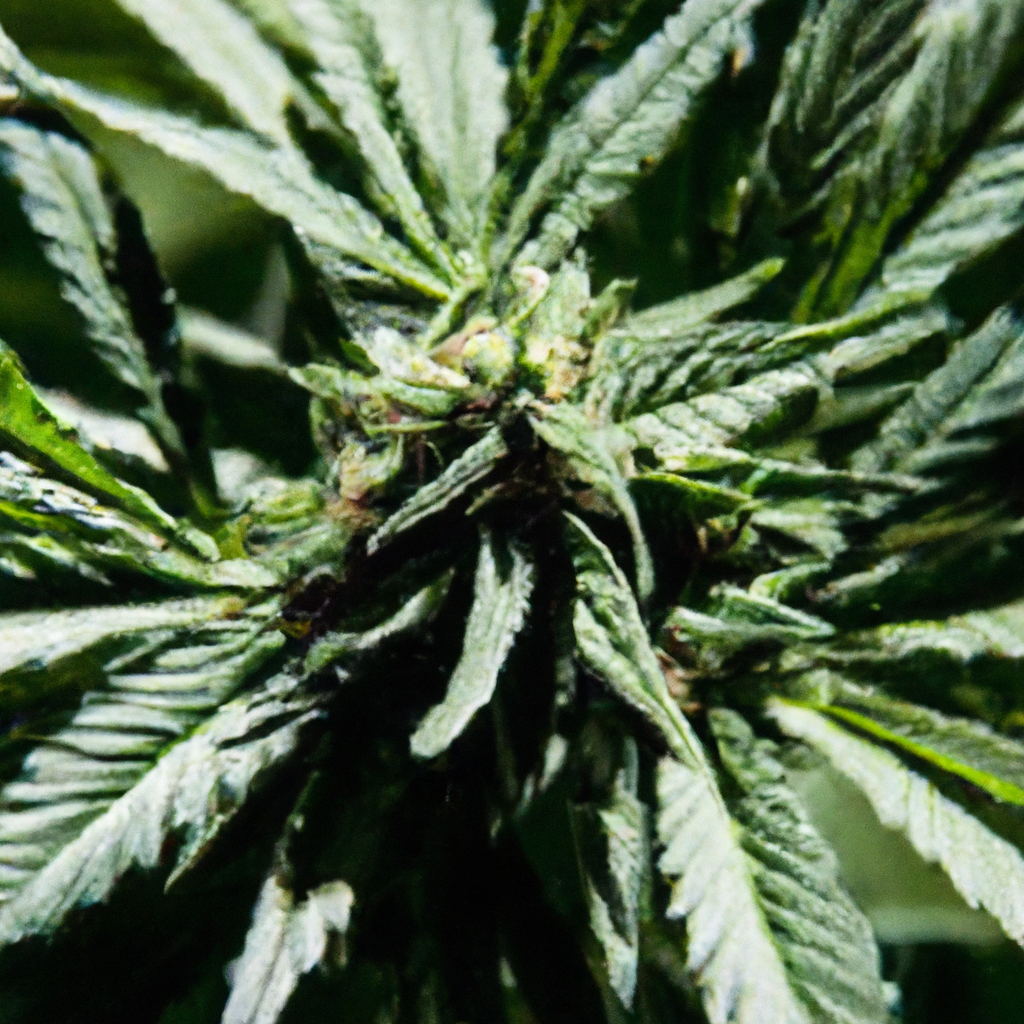
Growing cannabis successfully involves managing plant stress to boost health and yield. Stress factors—environmental, nutritional, and physical—can severely impact growth. Effective management techniques include controlling temperature and humidity, maintaining balanced nutrition with optimal pH levels, and careful handling through gentle pruning and low-stress training. By understanding and mitigating these stressors, cultivators can ensure healthier plants…

In the dynamic field of cannabis cultivation, carbon sequestration emerges as a promising technique for enhancing yields and promoting sustainability. This process involves capturing atmospheric CO2 and incorporating it into plant biomass, boosting growth while benefiting the environment. Strategies like companion planting, cover cropping, and biochar application improve soil health, increase yields, and reduce environmental…
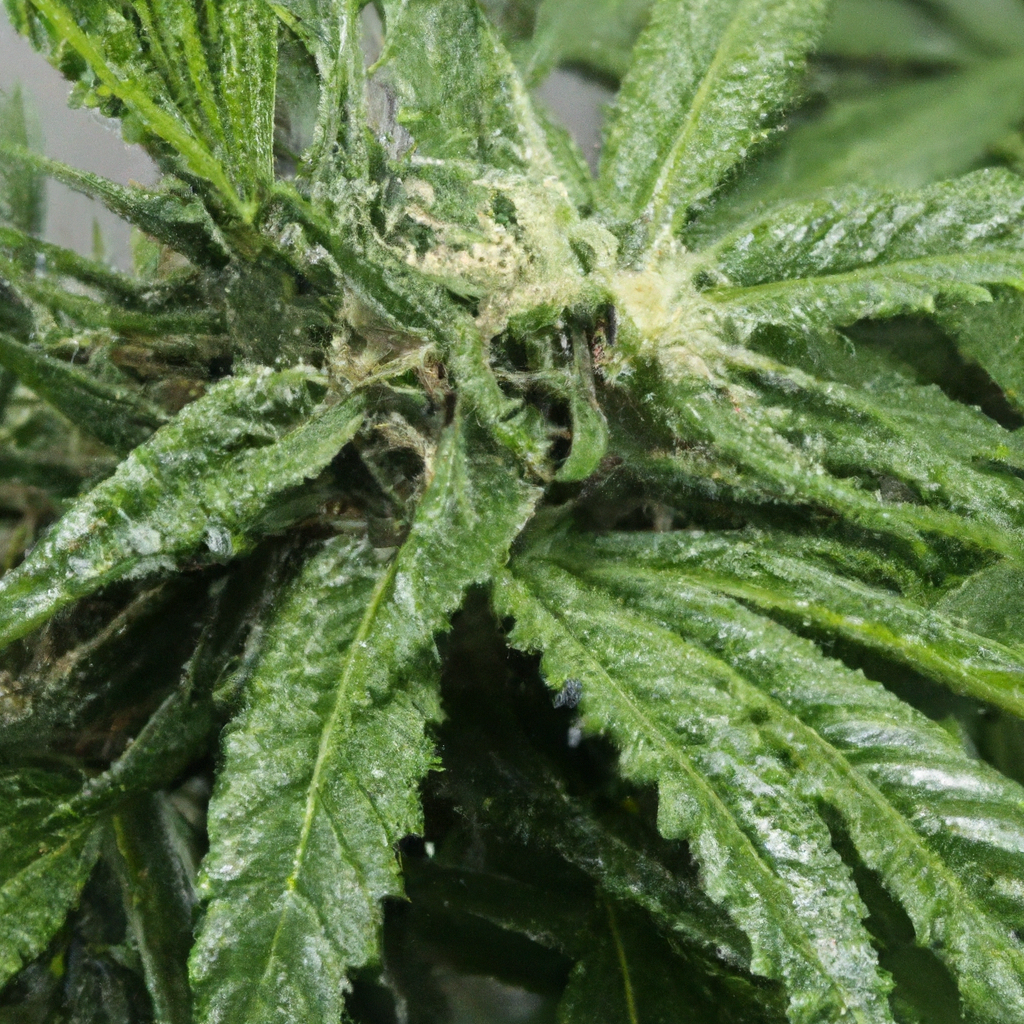
Effective irrigation is essential for successful cannabis cultivation, impacting plant health, yield, and growth efficiency. This guide explores various irrigation methods, presenting pros and cons for techniques like drip irrigation, deep water culture, flood and drain, and hand watering. Key practices include adjusting watering based on growing mediums and environmental conditions, testing runoff, and maintaining…
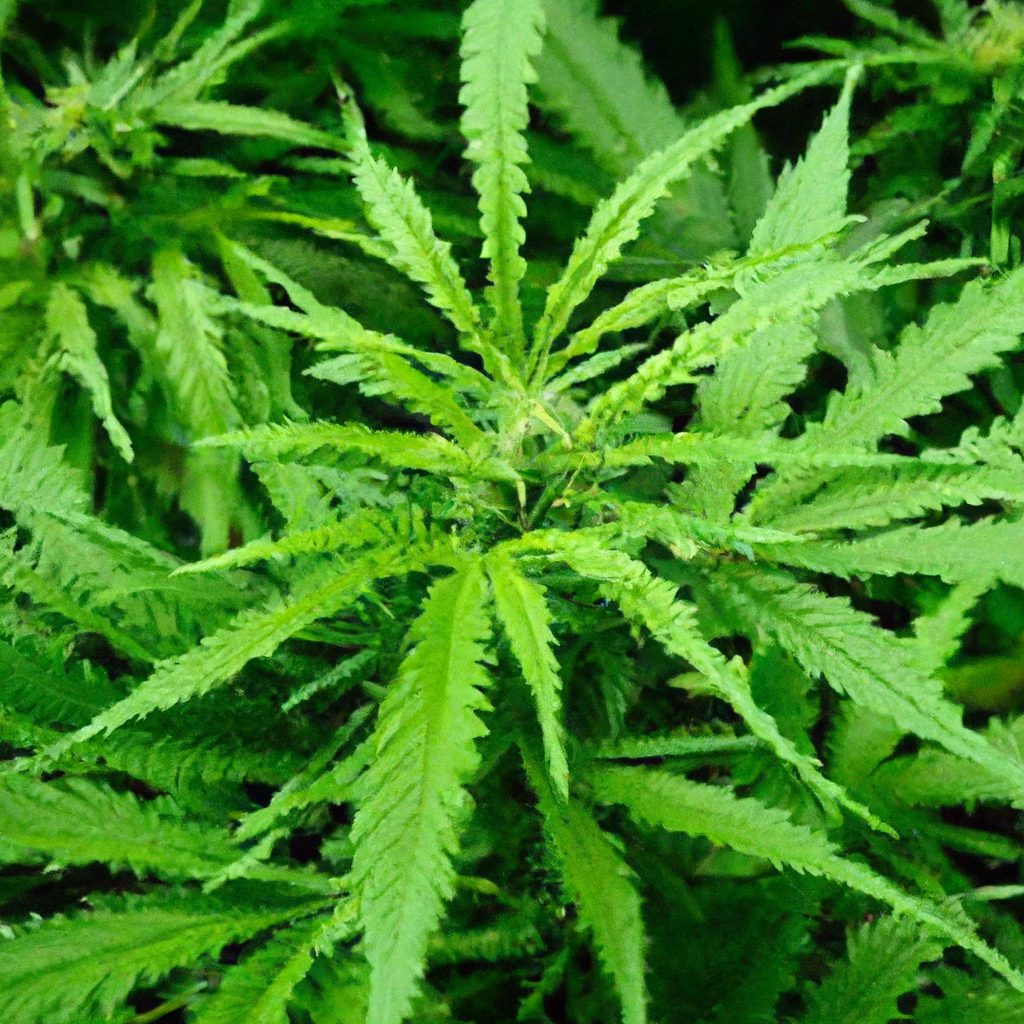
Growing cannabis can be challenging due to pest issues, but sustainable alternatives to traditional pesticides are available. This article highlights eco-friendly pest control techniques, such as using beneficial insects, neem oil, diatomaceous earth, and essential oils. These methods, combined with regular inspections, cleanliness, and crop rotation, can effectively manage pests while promoting a healthy and…
In cannabis cultivation, sustainability is key to success, and effective recycling techniques can enhance plant health, cut costs, and benefit the environment. Composting organic waste, like plant trimmings and kitchen scraps, enriches soil, while recycling water runoff through closed-loop systems conserves resources. Reusing growing mediums by amending old soil saves money and reduces waste, and…

Growing cannabis comes with challenges, particularly in managing pests that threaten plant health and yield. This post explores strategies to enhance pest resistance, starting with understanding common pests like spider mites and aphids. Key approaches include selecting pest-resistant strains, optimizing growing conditions, introducing beneficial insects, and using Integrated Pest Management (IPM). These methods collectively help…
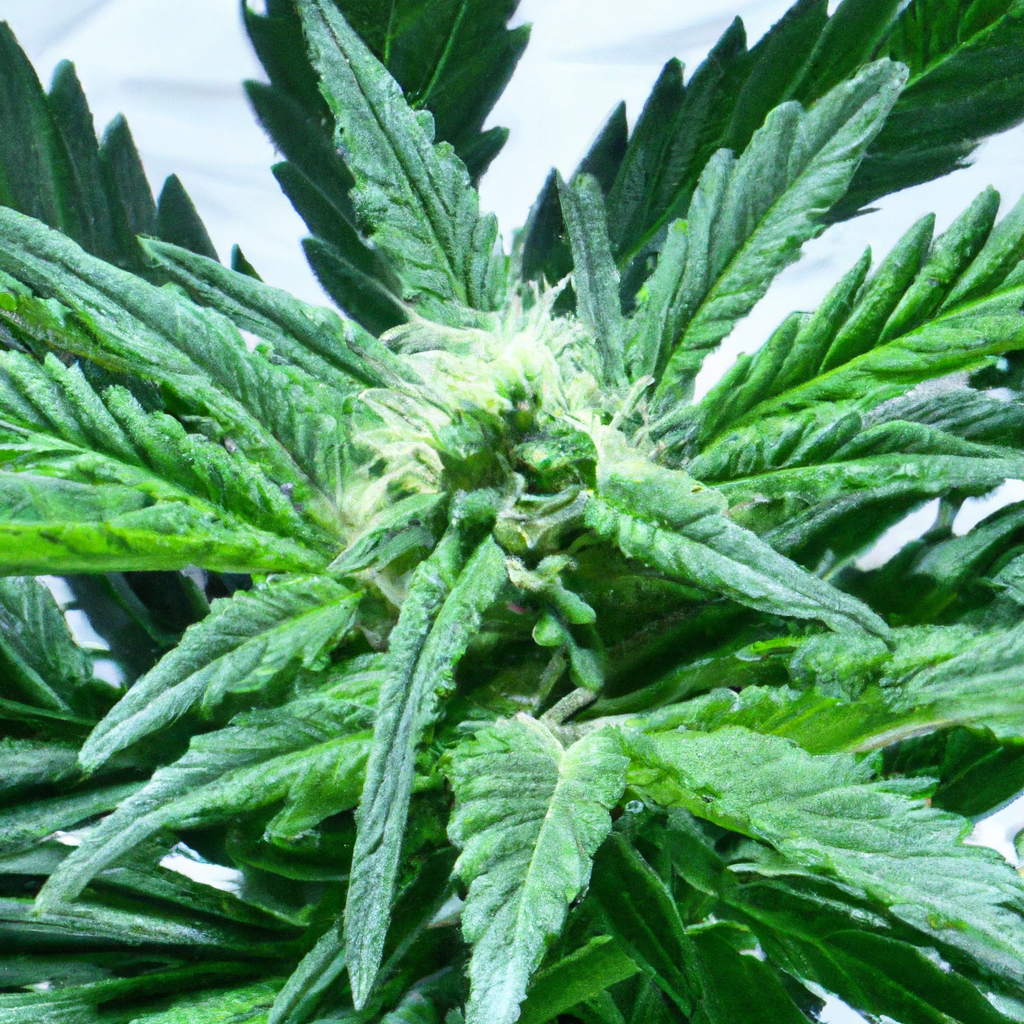
Water is as essential as sunlight or soil in cannabis cultivation, with quality significantly affecting plant growth, health, and yield. Key indicators like pH levels, electrical conductivity, and contaminants must be monitored closely to prevent nutrient deficiencies and disease. Regular testing using reliable kits, installing filtration systems, and maintaining ideal pH levels can optimize water…

Inoculation is a cutting-edge technique where beneficial microbes like mycorrhizal fungi and beneficial bacteria are introduced to cannabis plant roots to boost growth, nutrient absorption, and disease resistance. Applying inoculants involves selecting high-quality products, mixing them with soil, and using them during watering, with reapplication as needed. Benefits include enhanced nutrient uptake, faster growth, increased…

Maximizing sunlight exposure is crucial for the successful cultivation of cannabis, affecting plant health and yield. During their vegetative and flowering stages, cannabis plants thrive on ample light. Key strategies include optimal placement for maximum daily sunlight, seasonal adjustments to accommodate the sun’s changing angle, using reflective surfaces to enhance light exposure, and strategic pruning…
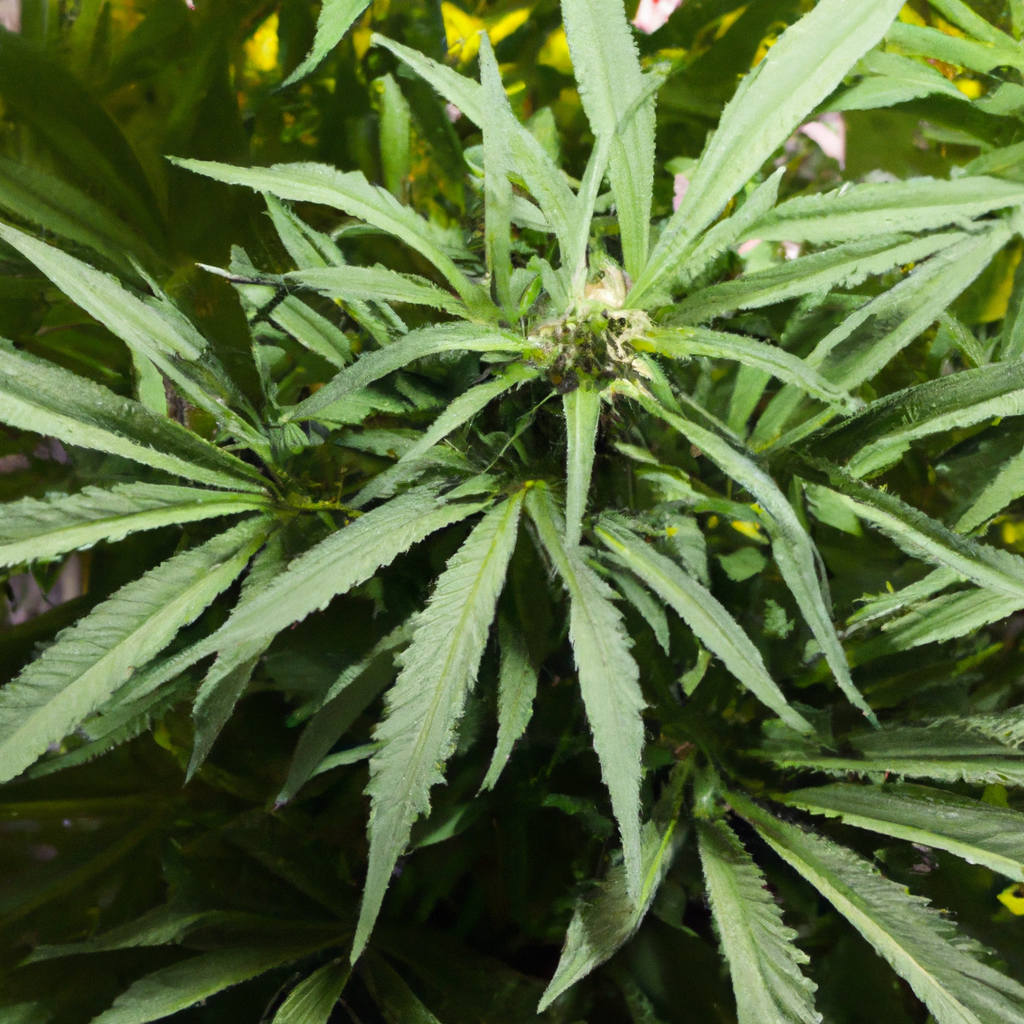
In the world of cannabis cultivation, balancing light and shade is essential for optimal plant growth and abundant harvests. Light is the primary energy source, influencing cannabis quality and yield through adjusted intensity and duration. However, shade plays a strategic role, particularly outdoors, by protecting plants from excessive sun, reducing water evaporation, and retaining humidity.…
